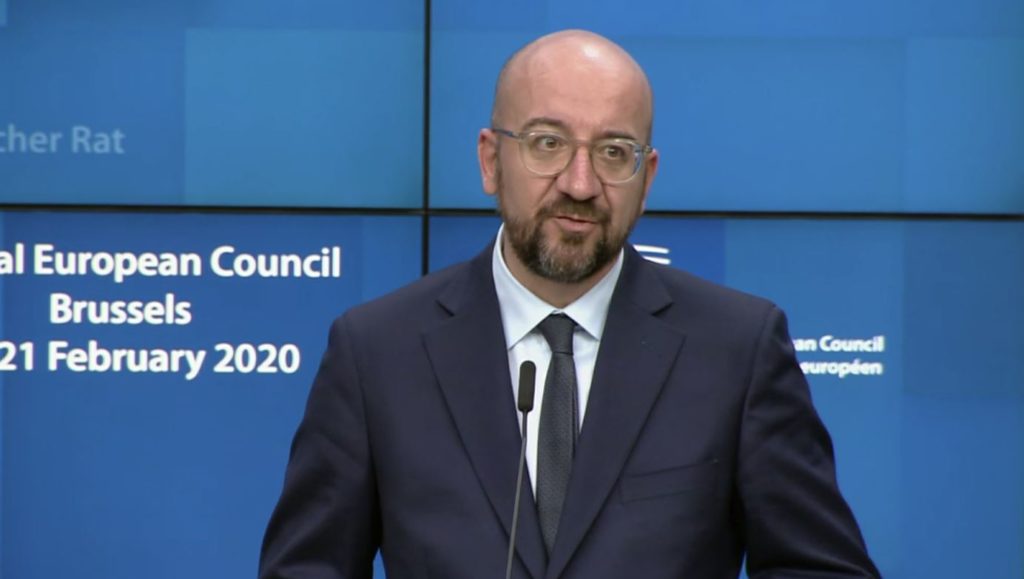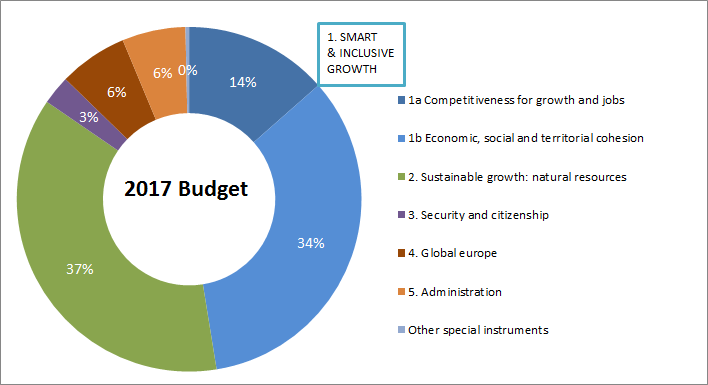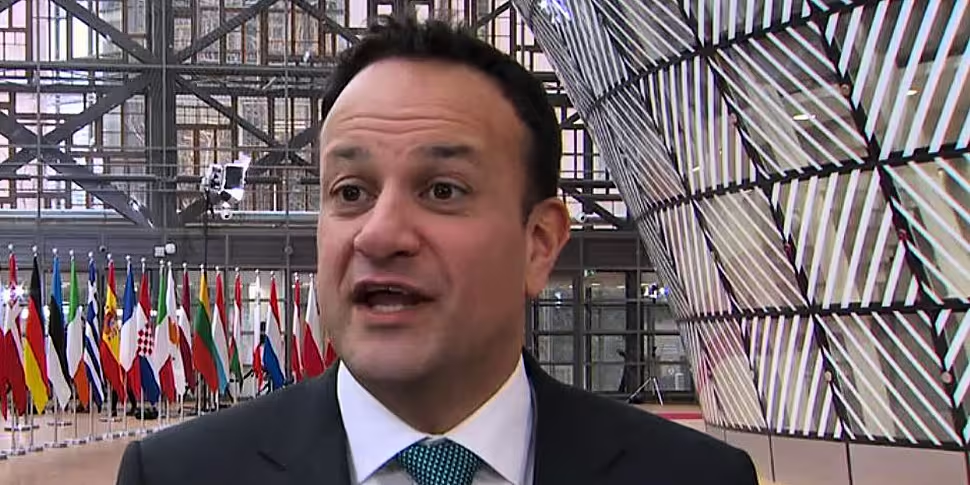European Union leaders have failed to reach agreement on the bloc's next budget.
EU heads of state had been meeting in Brussels to thrash out plans for a long-term budget from 2021 to 2027.
Member states had tried to agree on a common position on the next multi-annual financial framework (MFF).
But speaking after the talks, European Council President Charles Michel said: "The last weeks and the last days we have worked very hard in order to try to reach an agreement regarding the next European budget.
"Unfortunately, today we have observed it was not possible to reach an agreement.
"We have observed that we need more time - we know that this European budget is a very difficult topic, it's a very difficult negotiation".
The departure of Britain has left a financial gap of between €60bn and €75bn, he said.
"We have fought very hard in order to try to reconcile the different concerns, the different interests, the different opinions around the table.
"But we need more time".
 European Council President Charles Michel | Image: European Union
European Council President Charles Michel | Image: European UnionEarlier, Acting Taosieach Leo Varadkar said Ireland could accept the current proposals.
He met with the heads of the European Commission, Ursula von der Leyen, and Mr Michel on Thursday night.
Speaking ahead of the Special European Council meeting on Friday, he said: "The proposal on the table is one that we can't accept.
"Essentially it means that Ireland will contribute much more to the EU budget - but we'll actually receive less back in terms of payments to Irish farmers and also funds for regional development and social development.
"We accept that as a county that has a growing economy, as a county that has full employment that we will have to pay more into the European budget over the next seven years.
"But what we can't accept is that in return for paying more in that we would see very significant cuts to CAP and to cohesion funds.
"That's not something we can accept, and I made that very clear to President von der Leyen and President Michel last night.
"And on that basis, I don't think we'll have an agreement today on the MFF".
 How the EU budget is spent | Source: European Union
How the EU budget is spent | Source: European UnionBut he also said that no increase to the budget, as being proposed by some member states, is not the way to go.
"If we're serious about supporting agriculture across the European Union, about building up the economies of central/eastern Europe, about dealing with security threats and climate action - that's going to cost money.
"That's why Ireland is one of the countries that is willing to contribute more... but the proposals that we contribute more and in return we get less... that's one that I can't accept".
Some have said that certain EU policies need to be assessed more thoroughly, and that more "spending discipline" is needed.
The EU budget had increased steadily until the early 1990s, and then stagnated at around 1% of gross national income (GNI).
The current 2014-2020 MFF actually represented a reduction in real terms compared with the previous one, as it remained at 1% GNI.
Several MEPs have said they believe sufficient funding is key to achieve common ambitions such as fighting climate change, the digital and ecological transformation, and continuing to support regions and cities - as well as farmers, young people and entrepreneurs.
The European Parliament says implementing the Green Deal with a reduced budget, for example, would mean cutting EU programmes elsewhere.









